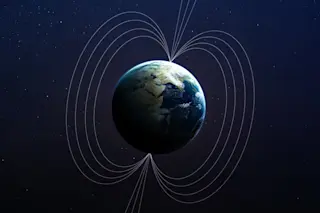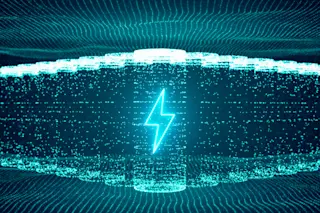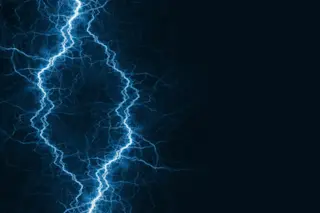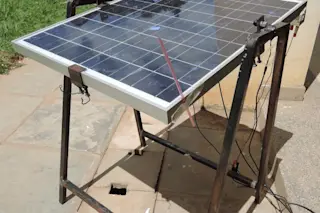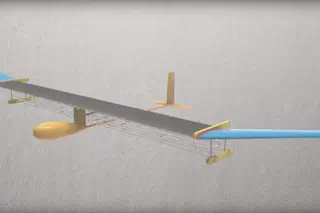Back in 1832, the celebrated British physicist, Michael Faraday, carried out a set of experiments designed to answer a tantalizing question: could electricity be generated by Earth's rotation through its own magnetic field?
The intriguing possibility arises because Earth’s magnetic field does not rotate with the Earth like a physical object. Instead, it is created at each instant and remains essentially fixed in space. So the thinking at the time was that perhaps Earth’s movement through it could generate power.
But Faraday’s experiments were a resounding failure and a few years later, physicists worked out why. Any movement of a conductor through this magnetic field does indeed produce a force on the electrons within it. But this force redistributes the electrons, generating another field that exactly cancels out the effect of the original one. So if the entire power-generating circuit lies within the field, nothing happens.
But there is a ...


